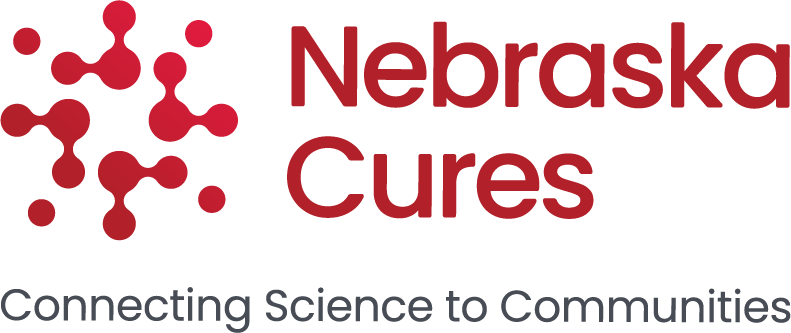By Dr. David Crouse, board president for the Nebraska Coalition for Lifesaving Cures. Published in the Aug. 1, 2020 Omaha World Herald.
Stem cell research and regenerative medicine have tremendous promise. Therapies are in development that address some of the most difficult diseases and medical conditions such as diabetes, spinal injury, macular degeneration and a number of other conditions. Each of these areas has shown significant progress in the past year with the remarkable absence of significant adverse events. They are now entering the later stages of clinical trials.
There are only a few widely practiced stem cell therapies approved by the Food and Drug Administration. They involve use of bone marrow, peripheral blood or umbilical cord blood-derived stem cell populations to correct diseases or disorders of the blood and immune system. These stem cell sources may be derived from the recipient patient or a matched donor.
Unfortunately, the excitement around the potential of stem cell research has led to a surge in “direct-to-consumer” stem cell clinics offering therapies that are not proven by clinical trials, are not supported by evidence-based medical research and do not have FDA approval.
These pop-up stem cell clinics often use misleading advertising and prey upon people desperate for a cure to their chronic and often incurable conditions. The organizations use massive advertising campaigns, free lunches/dinners and timeshare-like sales pitches to lure clients. Their materials and presentations provide some basic information concerning stem cell therapy, but much of it is biased and speculative at best. It is not unusual for treatment to cost over $10,000 and is not covered by insurance.
The lack of regulation around these therapies is dangerous to Nebraskans. Because of the rapid and unregulated development of these clinics as well as necessary attention to other major health issues such as opioid abuse and the current pandemic, the FDA and Centers for Disease Control have had difficulty controlling their activities. Indeed, only the appearance of serious adverse events (infections, blindness, tumors, death) have led to direct actions of the federal regulations.
Last December in Nebraska, several patients were infected by a contaminated product administered in a local stem cell clinic. Furthermore, a recent study of stem cell businesses operating in three states found that nearly half of those clinics employed practitioners operating outside the scope of their training and experience.
We applaud the recent action by the Attorney General’s Office against the owners of several stem cell therapy clinics, and we encourage his office to ensure that no Nebraskans are placed at risk by using unapproved therapies. Other clinics continue to offer similar services. This week, State Sen. Steve Lathrop introduced a legislative study to further investigate how to protect Nebraskans from these unproven products.
While we will continue to work with state leaders to develop appropriate public policy around the safety of these clinics, there are a few things the FDA recommends Nebraskans should consider if they are exploring one of these therapies
- Ask the clinic if the treatment is FDA approved, even if the stem cells used are their own.
- Ask your own primary health care provider if the information is correct.
- Make sure to understand the entire process and risks before signing a consent form and putting down your hard-earned dollars or taking out a loan through the clinic.
Stem cell research holds remarkable promise, but Nebraskans should be leery of these “too good to be true” stem cell treatments.
